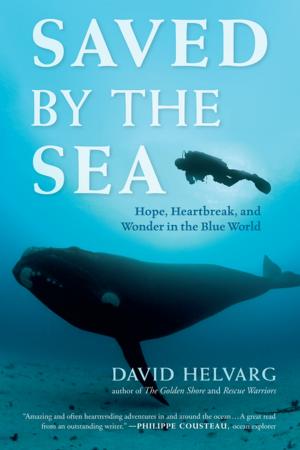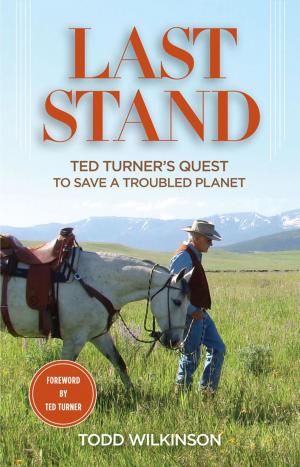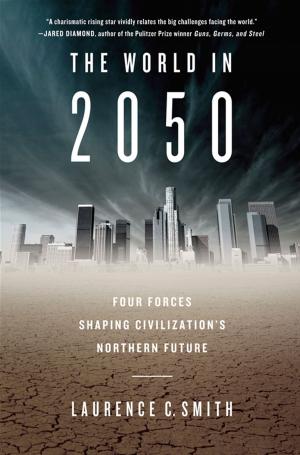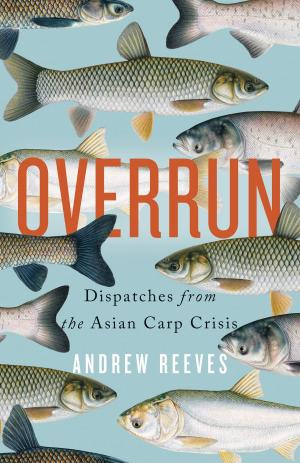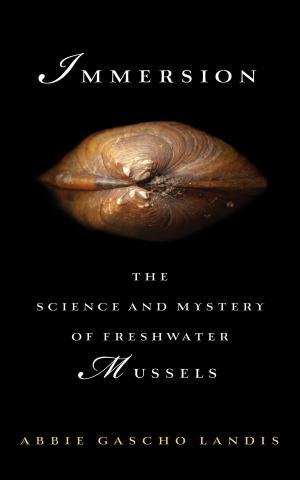Crunchy Cons
The New Conservative Counterculture and Its Return to Roots
Nonfiction, Social & Cultural Studies, Political Science, Government, Civics, Science & Nature, Nature, Environment, Environmental Conservation & Protection| Author: | Rod Dreher | ISBN: | 9780307518415 |
| Publisher: | Crown/Archetype | Publication: | March 31, 2010 |
| Imprint: | Crown | Language: | English |
| Author: | Rod Dreher |
| ISBN: | 9780307518415 |
| Publisher: | Crown/Archetype |
| Publication: | March 31, 2010 |
| Imprint: | Crown |
| Language: | English |
When a National Review colleague teased writer Rod Dreher one day about his visit to the local food co-op to pick up a week’s supply of organic vegetables (“Ewww, that’s so lefty”), he started thinking about the ways he and his conservative family lived that put them outside the bounds of conventional Republican politics. Shortly thereafter Dreher wrote an essay about “crunchy cons,” people whose “Small Is Beautiful” style of conservative politics often put them at odds with GOP orthodoxy, and sometimes even in the same camp as lefties outside the Democratic mainstream. The response to the article was impassioned: Dreher was deluged by e-mails from conservatives across America—everyone from a pro-life vegetarian Buddhist Republican to an NRA staffer with a passion for organic gardening—who responded to say, “Hey, me too!”
In Crunchy Cons, Dreher reports on the amazing depth and scope of this phenomenon, which is redefining the taxonomy of America’s political and cultural landscape. At a time when the Republican party, and the conservative movement in general, is bitterly divided over what it means to be a conservative, Dreher introduces us to people who are pioneering a way back to the future by reclaiming what’s best in conservatism—people who believe that being a truly committed conservative today means protecting the environment, standing against the depredations of big business, returning to traditional religion, and living out conservative godfather Russell Kirk’s teaching that the family is the institution most necessary to preserve.
In these pages we meet crunchy cons from all over America: a Texas clan of evangelical Christian free-range livestock farmers, the policy director of Republicans for Environmental Protection, homeschooling moms in New York City, an Orthodox Jew who helped start a kosher organic farm in the Berkshires, and an ex-sixties hippie from Alabama who became a devout Catholic without losing his antiestablishment sensibilities.
Crunchy Cons is both a useful primer to living the crunchy con way and a passionate affirmation of those things that give our lives weight and measure. In chapters dedicated to food, religion, consumerism, education, and the environment, Dreher shows how to live in a way that preserves what Kirk called “the permanent things,” among them faith, family, community, and a legacy of ancient truths. This, says Dreher, is the kind of roots conservatism that more and more Americans want to practice. And in Crunchy Cons, he lets them know how far they are from being alone.
A Crunchy Con Manifesto
-
We are conservatives who stand outside the conservative mainstream; therefore, we can see things that matter more clearly.
-
Modern conservatism has become too focused on money, power, and the accumulation of stuff, and insufficiently concerned with the content of our individual and social character.
-
Big business deserves as much skepticism as big government.
-
Culture is more important than politics and economics.
-
A conservatism that does not practice restraint, humility, and good stewardship—especially of the natural world—is not fundamentally conservative.
-
Small, Local, Old, and Particular are almost always better than Big, Global, New, and Abstract.
-
Beauty is more important than efficiency.
-
The relentlessness of media-driven pop culture deadens our senses to authentic truth, beauty, and wisdom.
-
We share Russell Kirk’s conviction that “the institution most essential to conserve is the family.”
When a National Review colleague teased writer Rod Dreher one day about his visit to the local food co-op to pick up a week’s supply of organic vegetables (“Ewww, that’s so lefty”), he started thinking about the ways he and his conservative family lived that put them outside the bounds of conventional Republican politics. Shortly thereafter Dreher wrote an essay about “crunchy cons,” people whose “Small Is Beautiful” style of conservative politics often put them at odds with GOP orthodoxy, and sometimes even in the same camp as lefties outside the Democratic mainstream. The response to the article was impassioned: Dreher was deluged by e-mails from conservatives across America—everyone from a pro-life vegetarian Buddhist Republican to an NRA staffer with a passion for organic gardening—who responded to say, “Hey, me too!”
In Crunchy Cons, Dreher reports on the amazing depth and scope of this phenomenon, which is redefining the taxonomy of America’s political and cultural landscape. At a time when the Republican party, and the conservative movement in general, is bitterly divided over what it means to be a conservative, Dreher introduces us to people who are pioneering a way back to the future by reclaiming what’s best in conservatism—people who believe that being a truly committed conservative today means protecting the environment, standing against the depredations of big business, returning to traditional religion, and living out conservative godfather Russell Kirk’s teaching that the family is the institution most necessary to preserve.
In these pages we meet crunchy cons from all over America: a Texas clan of evangelical Christian free-range livestock farmers, the policy director of Republicans for Environmental Protection, homeschooling moms in New York City, an Orthodox Jew who helped start a kosher organic farm in the Berkshires, and an ex-sixties hippie from Alabama who became a devout Catholic without losing his antiestablishment sensibilities.
Crunchy Cons is both a useful primer to living the crunchy con way and a passionate affirmation of those things that give our lives weight and measure. In chapters dedicated to food, religion, consumerism, education, and the environment, Dreher shows how to live in a way that preserves what Kirk called “the permanent things,” among them faith, family, community, and a legacy of ancient truths. This, says Dreher, is the kind of roots conservatism that more and more Americans want to practice. And in Crunchy Cons, he lets them know how far they are from being alone.
A Crunchy Con Manifesto
-
We are conservatives who stand outside the conservative mainstream; therefore, we can see things that matter more clearly.
-
Modern conservatism has become too focused on money, power, and the accumulation of stuff, and insufficiently concerned with the content of our individual and social character.
-
Big business deserves as much skepticism as big government.
-
Culture is more important than politics and economics.
-
A conservatism that does not practice restraint, humility, and good stewardship—especially of the natural world—is not fundamentally conservative.
-
Small, Local, Old, and Particular are almost always better than Big, Global, New, and Abstract.
-
Beauty is more important than efficiency.
-
The relentlessness of media-driven pop culture deadens our senses to authentic truth, beauty, and wisdom.
-
We share Russell Kirk’s conviction that “the institution most essential to conserve is the family.”





